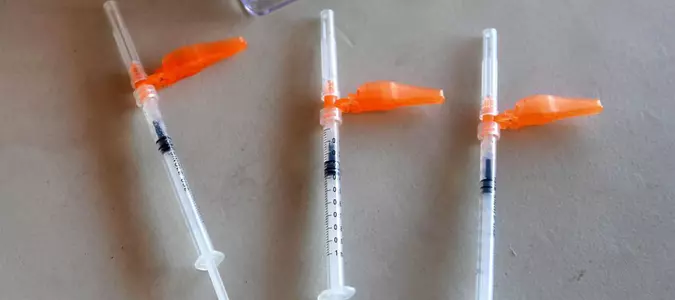

Keep Mice Away from Your Home with these Smells
They might be fuzzy and cute, but no one wants to see mice in their house. And if your cat snoozes the day away, neglecting her pest-control duties, you may have to resort to other means to drive mice away. Fortunately, these little rodents are repelled by several smells that you can incorporate into your mice-ridding strategy.
Swipe through to learn which smells mice definitely do not like.

Peppermint Oil
The strong scent of peppermint and other mints is something mice will avoid. Soak a cotton ball or two in mint oil or extract and place it in an area you’ve seen mice hanging out.

Onions
Chop up onions and place the bits in a place where you’ve seen evidence—like droppings or a nest—of mice. You can also cut an onion in half, and rub the cut end against baseboards or other places from which you suspect mice might enter your home.

Lavender
The good news about lavender is that, while mice don’t like the smell, many humans do. So if you use lavender oil or spray as a mouse deterrent, the people in your household probably won’t complain about the floral scent.

Cinnamon
Cinnamon is another mice repellent that most humans don’t mind, so scent your home with this earthy fragrance and say goodbye to the little critters. You can use cinnamon sticks, powder or oil.

Garlic
Garlic contains the oil allicin, which is an irritant to rodents. Combined with its pungent scent, garlic will definitely deter mice. You can use fresh or powdered garlic. Peel fresh cloves and cut them in half to release their odor, or sprinkle garlic powder in hot spots.

Chili Powder
Add two tablespoons of chili powder or cayenne powder to one quart of water and mix well. Put your mixture in a sprayer and spray areas where mice have been spotted. Optionally, you can mix the spicy powder with flour and sprinkle it around your home.

Mothballs
If you want to go the chemical route to control your mouse problem, consider mothballs. These repellents contain high concentrations of naphthalene or para-dichlorobenzene; they slowly emit a toxic gas that kills insects and repels mice. They can be dangerous for humans, dogs and cats, however, and shouldn’t be used in households with kids or pets.

















